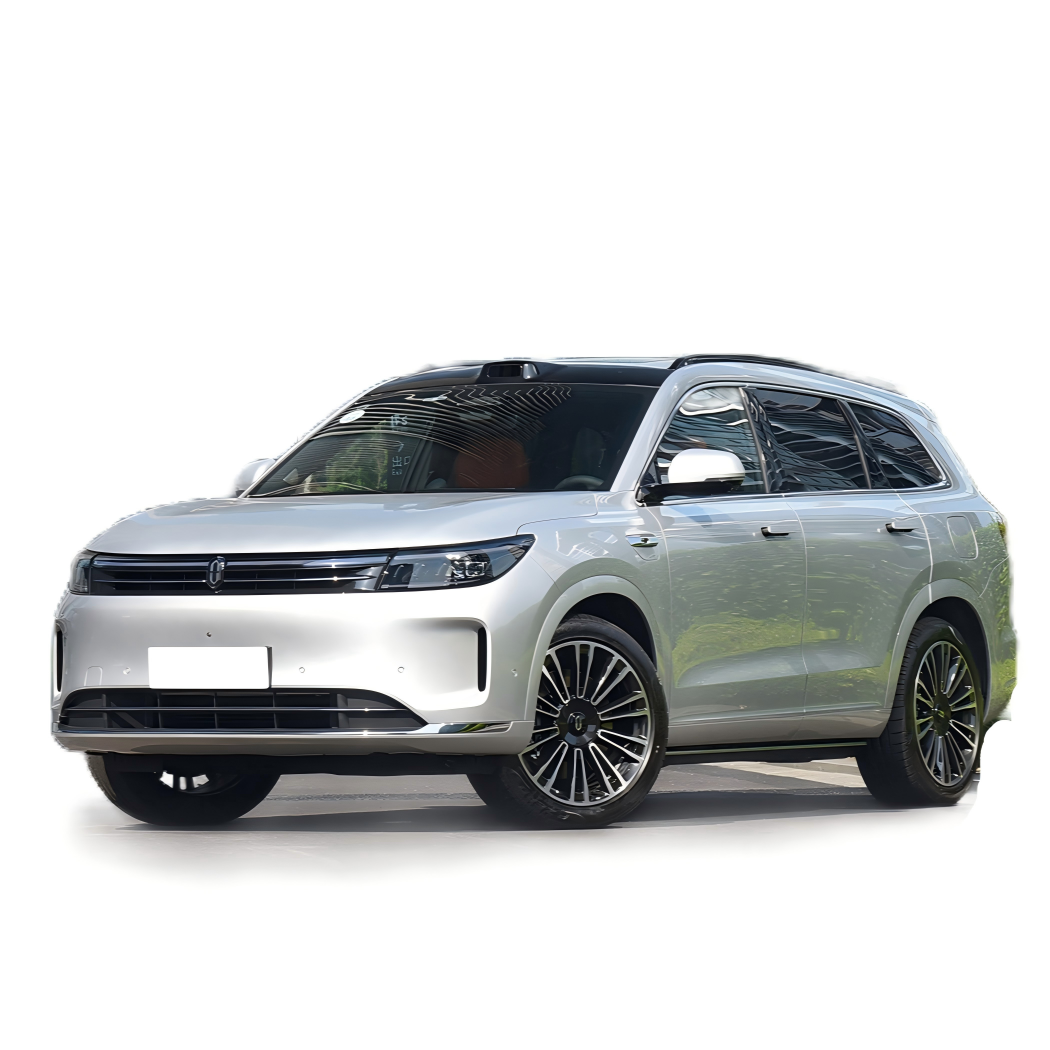The Shifting Landscape of Electric Vehicle Manufacturing in Europe
The electric vehicle market is witnessing a transformative period as traditional automotive giants face fierce competition from emerging players. The confrontation between Volkswagen, Europe's largest automaker, and BYD, China's leading electric vehicle manufacturer, represents a pivotal moment in the automotive industry's evolution. This comprehensive Volkswagen BYD comparison reveals how these two manufacturers are shaping the future of electric mobility in Europe.
European drivers now face an intriguing choice between Volkswagen's established reputation and BYD's innovative approach to electric vehicles. As both companies invest heavily in electric vehicle technology, their distinct philosophies and manufacturing approaches create unique value propositions for consumers. Understanding these differences is crucial for making an informed decision about which brand better suits European driving needs and preferences.
Manufacturing Excellence and Build Quality
Volkswagen's Legacy of German Engineering
Volkswagen's century-long manufacturing experience shines through in their electric vehicle lineup. The company's commitment to precision engineering and robust quality control systems ensures that every vehicle meets stringent European safety and quality standards. Their Zwickau facility, transformed into Europe's largest electric vehicle production plant, exemplifies their dedication to maintaining high manufacturing standards in the electric era.
The ID series, Volkswagen's dedicated electric vehicle platform, benefits from decades of automotive expertise. The build quality reflects traditional German engineering principles: solid panel gaps, premium materials, and excellent noise insulation. These attributes particularly resonate with European drivers who have come to expect such standards from Volkswagen vehicles.
BYD's Modern Manufacturing Approach
BYD brings a fresh perspective to electric vehicle manufacturing, leveraging their extensive experience in battery technology. Their vertical integration strategy, where they produce many critical components in-house, allows for tight quality control and innovative solutions. The Blade Battery technology, developed and manufactured by BYD, demonstrates their capability to deliver cutting-edge solutions.
Recent quality assessments show that BYD's manufacturing standards have improved significantly, approaching European expectations. Their newer models feature improved fit and finish, competitive materials, and robust build quality that challenges traditional perceptions of Chinese-made vehicles. This evolution in manufacturing quality presents a compelling alternative for European consumers.
Performance and Driving Dynamics
Volkswagen's European-Tuned Driving Experience
Volkswagen's electric vehicles are specifically tuned for European roads and driving preferences. The suspension setup, steering feel, and power delivery are calibrated to deliver the familiar Volkswagen driving experience that European drivers value. This attention to regional preferences gives Volkswagen an advantage in meeting local expectations for driving dynamics.
The ID.4 and ID.5 models demonstrate Volkswagen's ability to translate their combustion engine expertise into the electric realm. These vehicles offer balanced performance, combining comfortable cruising with capable handling characteristics that suit both urban and highway driving scenarios.
BYD's Performance Innovation
BYD's approach to performance focuses on leveraging their advanced battery technology to deliver impressive range and charging capabilities. Their latest models feature sophisticated motor configurations and power management systems that result in competitive performance metrics. The Blade Battery technology enables faster charging and better thermal management, addressing key concerns of European drivers.
Recent road tests indicate that BYD vehicles offer smooth power delivery and stable handling characteristics. While the driving feel might differ from traditional European vehicles, BYD's performance capabilities meet or exceed many European drivers' expectations, particularly in urban environments.

Technology and Interior Features
Volkswagen's Integrated Tech Solutions
Volkswagen's approach to in-car technology emphasizes integration with European digital ecosystems. Their infotainment systems offer seamless connectivity with popular European services, and the user interface is designed with European preferences in mind. The augmented reality head-up display in newer models showcases Volkswagen's commitment to innovative yet practical technology implementation.
Interior design follows European ergonomic principles, with intuitive controls and high-quality materials. The digital cockpit provides customizable information displays, while advanced driver assistance systems meet stringent European safety standards. This familiar yet forward-looking approach to technology integration appeals to traditional Volkswagen customers transitioning to electric vehicles.
BYD's Tech-Forward Interior Design
BYD's interiors showcase their technology-first philosophy, featuring large touchscreens and extensive digital integration. Their systems offer comprehensive functionality and regular over-the-air updates, demonstrating a commitment to continuous improvement. The integration of advanced features like facial recognition and smartphone connectivity reflects BYD's understanding of modern consumer preferences.
The interior quality has seen significant improvements in recent models, with better materials and more refined design elements. While the interface might require some adaptation for European users, the extensive feature set and innovative solutions provide compelling value for tech-savvy drivers.
After-Sales Support and Service Network
Volkswagen's Established European Network
Volkswagen's extensive dealer and service network across Europe provides comprehensive after-sales support. Their established infrastructure ensures quick access to maintenance services, parts, and technical expertise. This widespread presence offers peace of mind to European drivers, knowing that support is readily available throughout the continent.
The company's investment in training technicians for electric vehicle maintenance and their standardized service procedures ensure consistent quality across all locations. This robust support system represents a significant advantage for Volkswagen in the European market.
BYD's Growing European Presence
BYD is actively expanding its European service network through strategic partnerships and dedicated facilities. While their presence is still growing, the company has implemented comprehensive training programs and parts distribution systems to support their vehicles effectively. Their commitment to establishing a strong service infrastructure demonstrates long-term dedication to the European market.
The company's approach includes digital service solutions and remote diagnostics capabilities, helping to compensate for their developing physical presence. As their network expands, BYD's service capabilities continue to evolve to meet European expectations.
Frequently Asked Questions
How do warranty coverage and terms compare between Volkswagen and BYD?
Volkswagen offers comprehensive warranty coverage aligned with European standards, typically including 3-4 years of vehicle coverage and 8 years for the battery. BYD provides competitive warranty terms, with some models offering extended battery coverage up to 8 years or 500,000 kilometers, demonstrating confidence in their technology.
Which brand offers better value for money in the European market?
BYD generally offers more features and technology at lower price points, while Volkswagen's pricing reflects their established brand value and comprehensive service network. The final value proposition depends on individual priorities regarding brand reputation, features, and long-term ownership costs.
How do charging networks and compatibility compare between the two brands?
Both manufacturers ensure compatibility with European charging standards. Volkswagen benefits from established partnerships with major charging networks, while BYD vehicles support all common European charging protocols and are actively expanding their charging partnership network.

